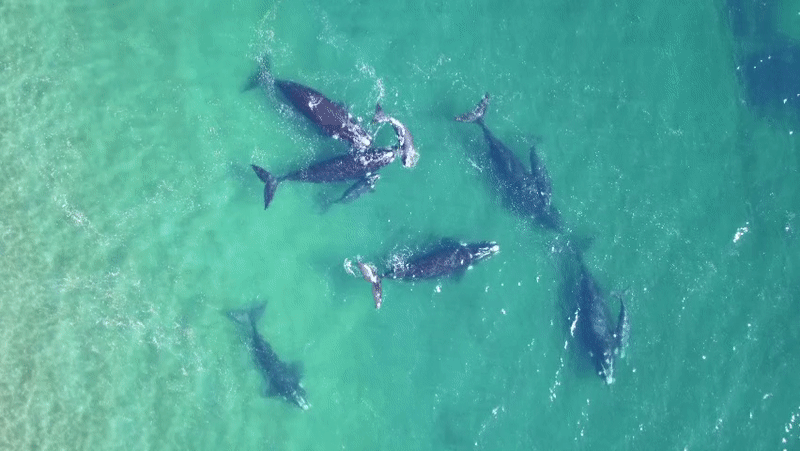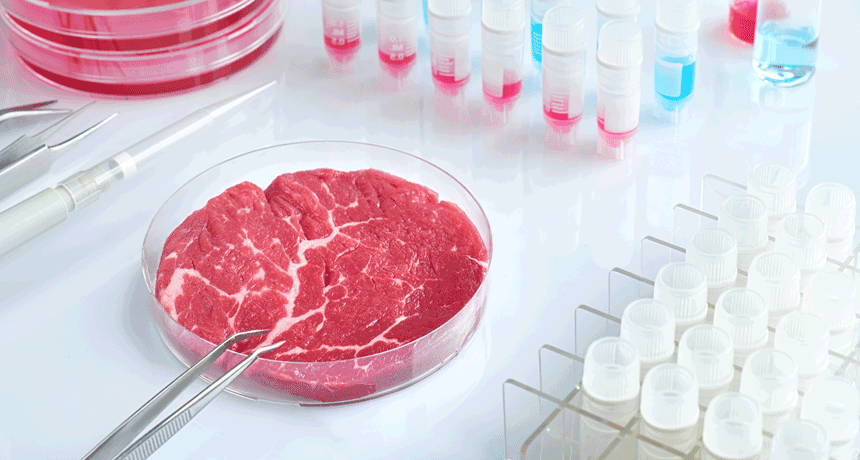
Carolyn Wilke earned her Ph.D. in environmental engineering at Northwestern University, where her research drew on the fields of environmental chemistry, materials science and toxicology. She got her start in science writing by blogging for HELIX, Northwestern’s science magazine and wrote as a AAAS Mass Media Fellow at The Sacramento Bee. Now a freelance science writer. Carolyn worked as a staff writer at Science News Explores and interned at Science News and The Scientist. When not delving into a new scientific discovery, you might find Carolyn behind her sewing machine or trying to amuse her cat.

All Stories by Carolyn Wilke
-
 Animals
AnimalsDrones help scientists weigh whales at sea
Drone imagery lets scientists estimate a whale’s weight. And that may help monitor the health of these big mammals for conservation purposes.
-
 Animals
AnimalsScientists Say: Papillae
These small nubs stick out from a body part. They include things such as tongue bumps with taste buds and the structures under the skin that help grow hair.
-
 Animals
AnimalsPiranhas and plant-eating kin replace half their teeth at once
Piranhas and pacus shed and replace half of their teeth at a time. New teeth lock together as they push up from the jaw.
-
 Life
LifeA new spin on lab-grown meat
A technique inspired by how cotton candy is spun could help produce lab-grown meat at a lower cost and on a bigger scale.
-

Scientists Say: Octopod
These marine animals have soft bodies and eight sucker-lined arms. Some are known for their smarts or ability to quickly change colors.
-
 Physics
PhysicsScientists Say: Power
This word describes the rate at which energy is delivered or used to do work, along with related ideas, such as ways of making electricity.
-
 Physics
PhysicsFrozen’s ice queen commands ice and snow — maybe we can too
In the Frozen movies, Elsa magically manipulates snow and ice. But scientists, too, make snowflakes. If they reinforce it, architects can build with ice and snow.
-
 Animals
AnimalsCongolese toads may avoid predators by copycatting deadly vipers
If Congolese giant toads are mimicking venomous Gaboon vipers, this would be the first reported case of a frog imitating a snake.
-
 Animals
AnimalsScientists Say: Species
This word describes organisms grouped by their similarities in genetics and physical traits. But defining species can be tricky.
-
 Animals
AnimalsNewly discovered eel sets a jolting record for animal voltage
Scientists have found two new electric eel species. One now holds the animal kingdom’s record for highest delivered voltage.
-
 Space
SpaceA black hole slashed a star apart — and was caught in the act
Scientists have gotten their earliest look yet at a black hole ripping up a star.
-
 Space
SpaceScientists Say: Black hole
This is an object in space with such a strong gravitational pull that nothing, not even light, can escape